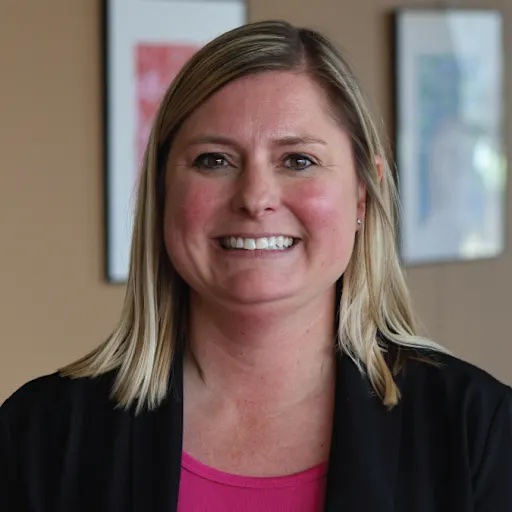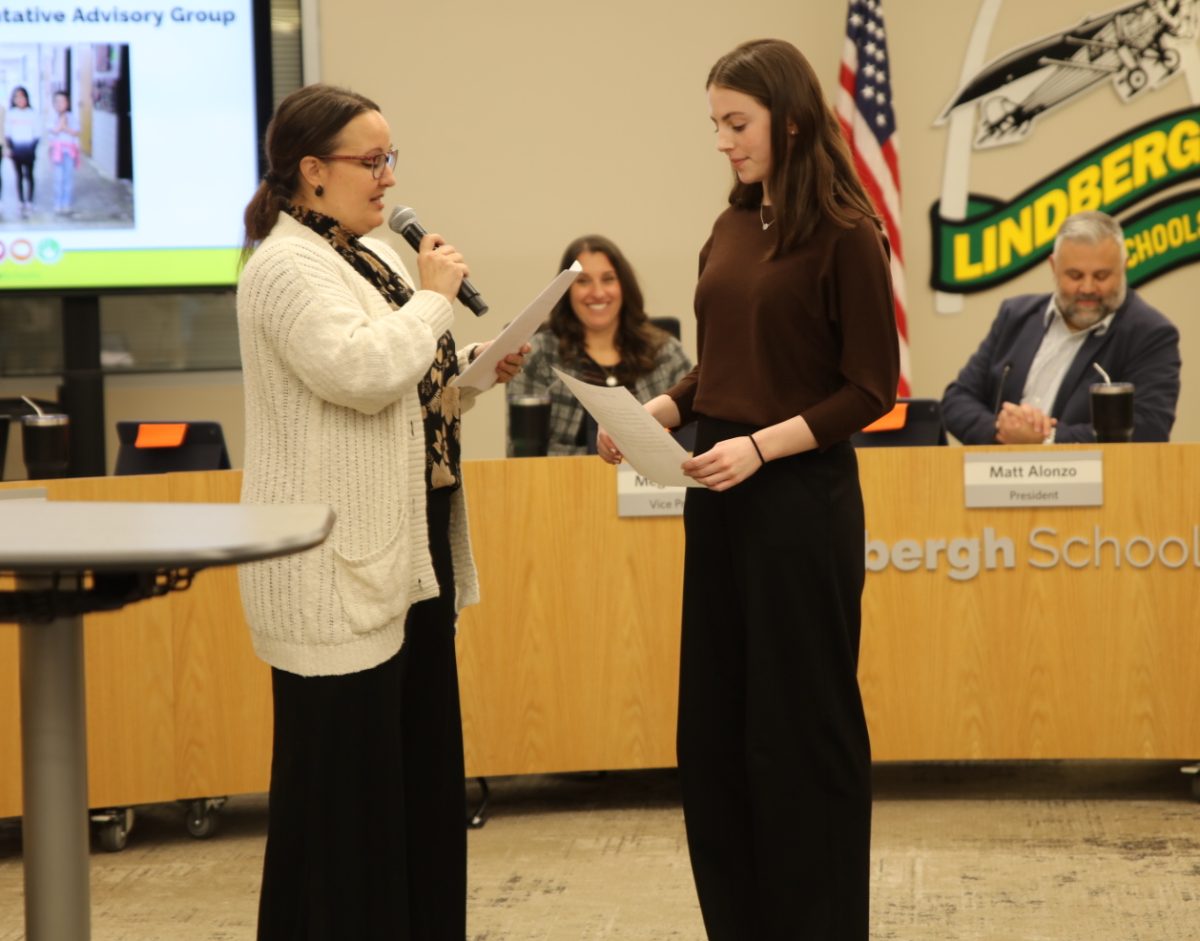The Mehlville Board of Education voted 5-2 last week to postpone adopting the district’s 2013-2014 school calendar until board members meet with the teachers’ negotiating team for discussion.
Board member Kathleen Eardley and board Secretary Larry Felton were opposed to the postponement.
The presented calendar provides for 174 student attendance days with a start date of Aug. 15. The proposed calendar includes eight, two-hour early dismissal days for professional development; 87 days per semester; and switches previous early release days to two-hour early dismissals.
Eardley questioned why the board had not been in discussions with the Mehlville National Education Association, or MNEA, before the calendar coming to the board if there was interest in meeting with the group.
“This calendar’s been created since Jan. 3 and we’re just now as a board seeing it for the first time tonight,” Eardley said at the March 18 meeting. “Why didn’t we give the calendar committee direction if this board as a whole wants more contact time?
“Why haven’t we been talking about this much sooner? Now we’re putting the parents out, we’re putting taxpayers out we’re putting students and teachers and everybody else out because now all of a sudden the board’s backtracking saying we want to go meet with our teachers.”
Board President Venki Palamand and board member Ron Fedorchak, who participated in the meeting by telephone, have expressed interest in extending student-teacher contact time through lengthening the school year.
Board member Rich Franz said there is no backtracking on the part of the board.
“The issue just came up because when it was put on the agenda we were given an opportunity to think about what we want to do with it …,” Franz said. “You can fault those of us who are particularly concerned about the calendar that we didn’t give more direction to the committee. That does not negate the fact that there are issues about the calendar that need to be addressed.”
District teacher Karen Torretta, a former president of the Mehlville National Education Association, asked the board to consider adopting the presented calendar though she said “teachers have been responsive to the idea of additional professional development time and additional student contact days.”
“Although we are currently in the middle of the two-year memorandum of understanding, if the board desires to hold professional discussions to reconsider these two items, the teachers are certainly willing to meet and confer about the issues,” Torretta said. “We understand that such discussions would need to occur very quickly so the calendar can be finalized and adopted by the board.”
Franz said “out of respect” to the MNEA the board should “at least hear their ideas.”
Felton and board Vice President Elaine Powers expressed concern about rushing through negotiations to approve the calendar. Powers also said the board did not give the district’s calendar committee direction to do anything different.
“We certainly know that individual board members have opinions on this and ideas of what we each might like it to look like,” Powers said. “ I think to do it correctly may take longer than two weeks of just trying to push something through just for the sake of pushing something through.”
But Franz said the board is “under no obligation” to reach an agreement with the MNEA in a two-week period.
Fedorchak said he is “philosophically opposed” to having the absolute minimum number of student contact days and is opposed to the eight early release days.
“I would encourage, if we need eight professional work days, make those the focus of the day. Do not disrupt parents by having to make different arrangements than normal,” he said. “I don’t disagree with the need for the additional professional development. In fact, that shortens the summer gap, which is one of the goals of increasing the school calendar that I’ve had.”
Palamand said he would “have a hard time approving a 174-day calendar.”
The board looks to make a decision on the calendar by its April 18 meeting.








